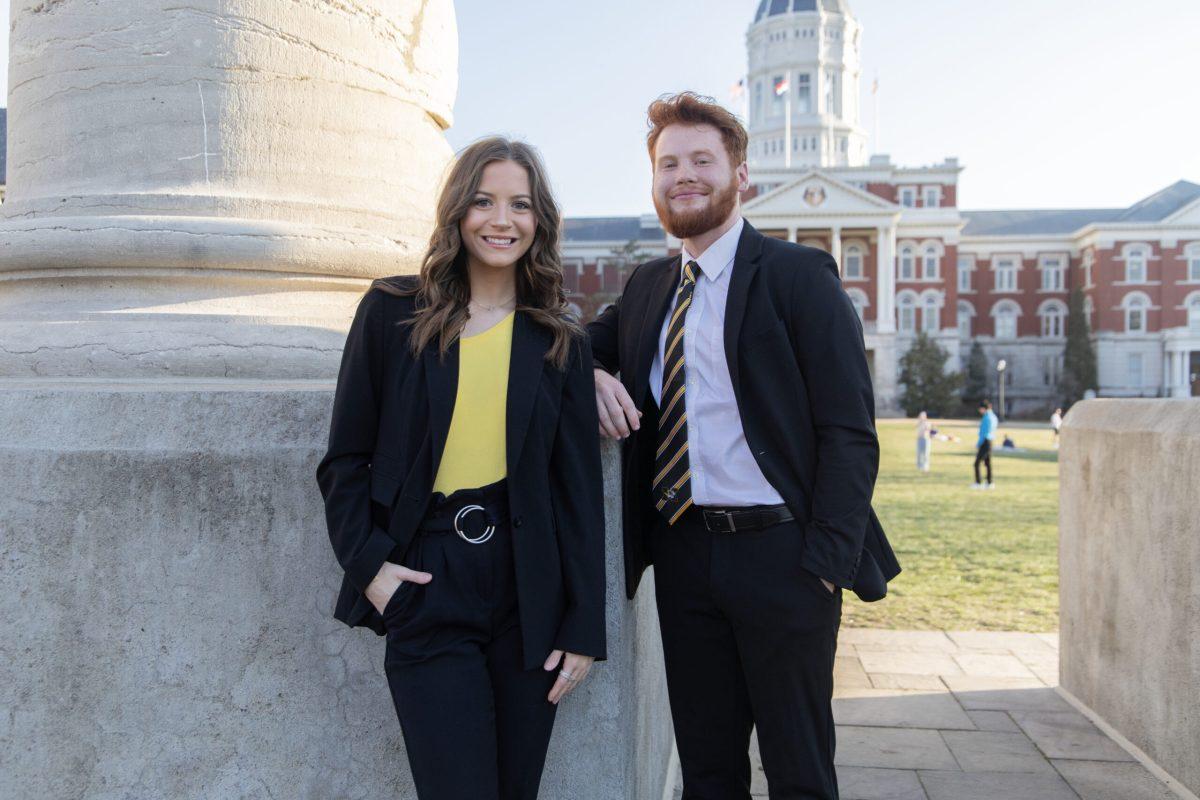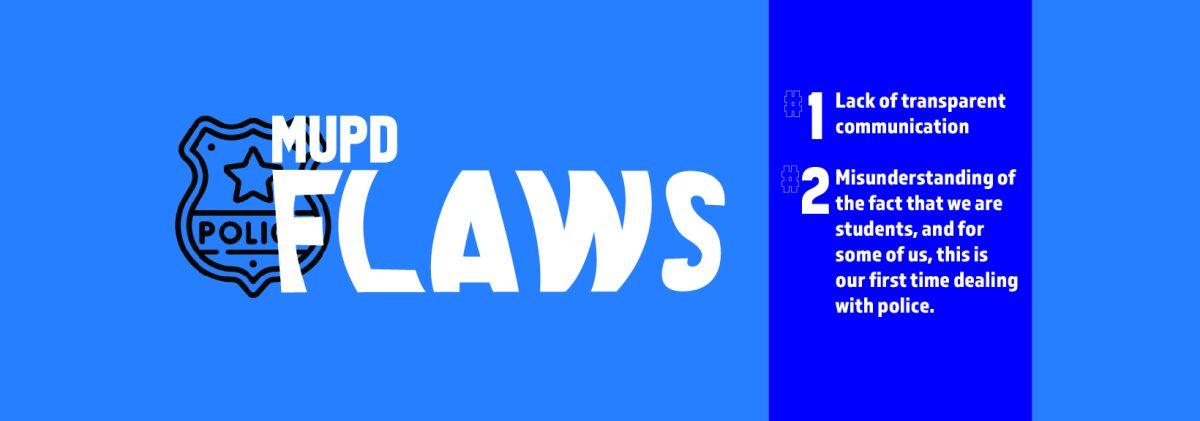I am writing in response to Emma Woodhouse’s controversial Grindr column published in last week’s edition of MOVE. This week, the piece has made a splash on Facebook and Twitter, and I have seen a good deal of negative reactions from offended readers, most citing Ms. Woodhouse’s use of negative stereotypes.
While the biggest issues I have with this column are its unclear objective and journalistically lazy generalizations, there are also fundamentally detrimental claims made that need to be addressed.
As a member of the LGBT community here in Columbia, I am disheartened by The Maneater’s publication of this column. It is not that the stereotypes presented are anything shocking. Yes, we get it, gays love Lady Gaga and drink Starbucks — you can find these stereotypes just about anywhere in pop culture.
These claims became increasingly offensive, though, as the column went on. The disparaging claims made about Grindr — and no, I do not have an account — were unfair and ungrounded, and made the rest of Ms. Woodhouse’s stereotypes all the more offensive.
My main problem was the writer displayed a lack of very basic understanding about why a service like Grindr exists. Homosexual relations have historically been marginalized, forced to darker corners of society. For at least the last 40 years, homosexuals have played by entirely different sexual rules than the rest of society. In the 1970s, many relied on cruising — essentially picking up a stranger at a park — to find sexual partners.
Perhaps it seems gross or unromantic to you, but this was at a time when being “out” was a relatively novel concept, and in many parts of the country, it was a dangerous one. To hit on a stranger of the same sex at a bar — and enjoy that charming “pre-hookup dance” — was a risky bet. Sometimes, in towns like Columbia, it still is.
The relegation of homosexual courtship to a service like Grindr is something that has been evolving for decades, and benefited greatly from the Internet. In the days of cruising, the gay-friendly park would be established by word-of-mouth, and one would just hope the man he approached would not be a cop. Today, there are multiple gay dating websites — and yes, some of them are used for dating — that promise a wide range of potential prospects.
You seem to miss the point that Grindr is an app men willingly sign up for, and any risk one might be taking is consensual and shared. The casualness of the sex might make you uncomfortable, but it is nothing different than any bar in downtown Columbia, where at the end of the night two strangers might end up going home together.
I am disheartened by what the publication of this piece says about the strides we are making as an equal and accepting culture. In light of the recent success for gay marriage in Washington and Maryland, I have not yet lost hope. But Ms. Woodhouse’s column speaks volumes about what our culture can tolerate when it comes to stereotyping the LGBT community.
I am a former columnist for The Maneater, and I approached the work with a mindfulness of quality and pedigree in light of our university’s dedication to journalism. That the editors let this piece slide by is a negative reflection of an important student publication.
Thomas Leonard
[email protected]











